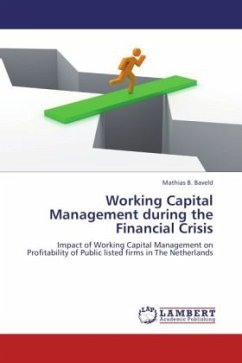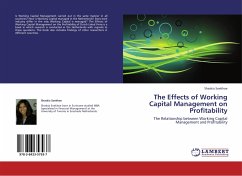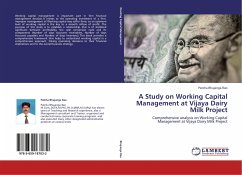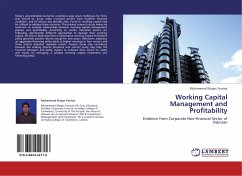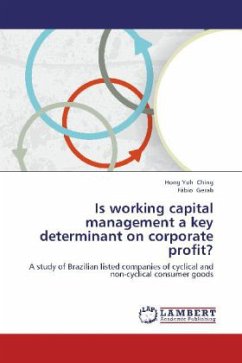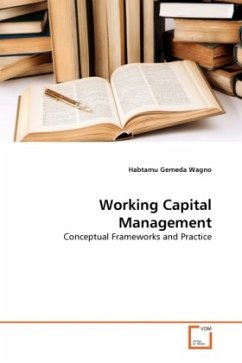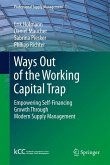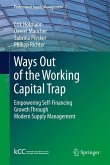This study investigates how public listed firms in The Netherlands manage their working capital. A sample of 37 firms is used, which are among the fifty largest companies in The Netherlands. The working capital policies during the non-crisis period of 2004-2006 and during the Financial Crisis of 2008 and 2009 are compared. This comparison investigates whether companies have to change their non-crisis working capital policies when the economy is into a recession. The results of this study indicate that, in crisis periods, firms don't need to change their working capital policy concerning accounts payables and inventory, if their goal is to enhance profit. For the working capital policy managing accounts receivables this is not the case. This is because during a crisis accounts receivables have a positive effect on a firm's profitability of the next year. These results are on short-term basis. On the long-term, benefits of aiding customers during crisis periods are likely to grow, because future sales will still be there. Also the risks taken by these aiding firms are relatively low and for large reputable firms it is also relatively cheap.
Bitte wählen Sie Ihr Anliegen aus.
Rechnungen
Retourenschein anfordern
Bestellstatus
Storno

